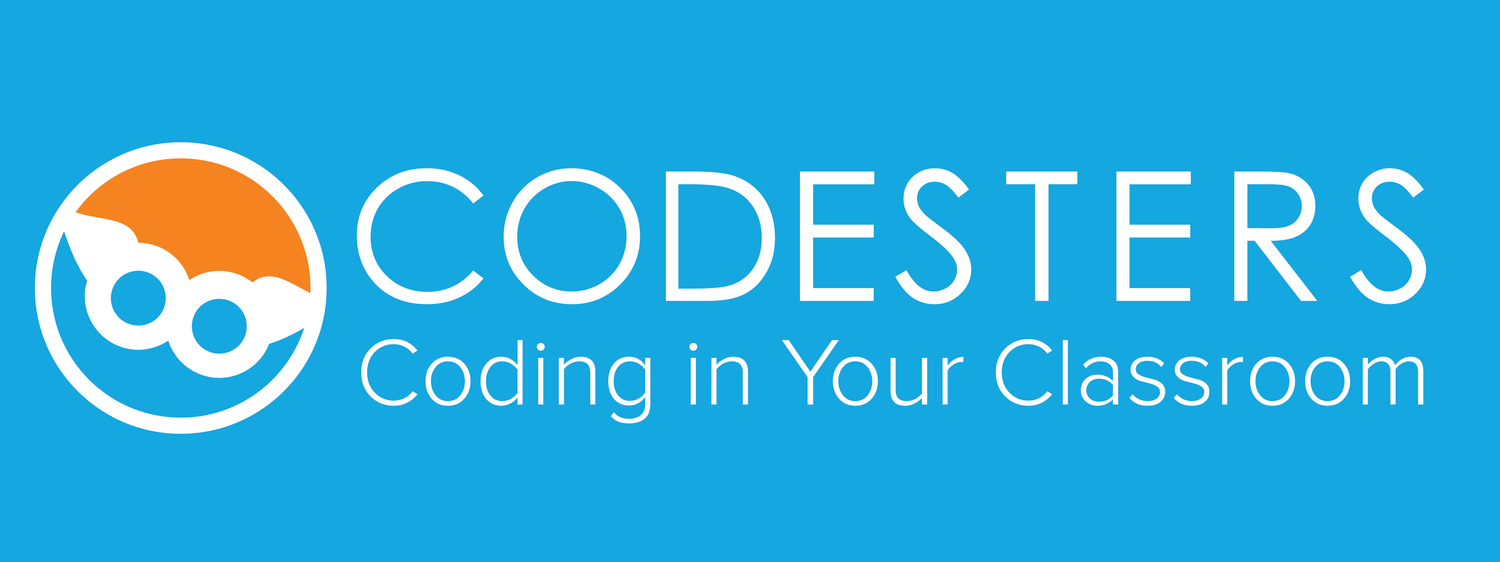If you are a parent or an educator, you know this question is coming sooner or later, in all its maddening simplicity: why do I need to learn this? Kids should be asking this question. Adults too. I’m pretty sure none of us got a great answer when as teenagers we asked why we needed to learn trigonometry – I’m still waiting for the answer to that one. Let’s fix that with coding. Why do we need to learn to code?
At Codesters we believe that today’s students need to learn to code because a new world awaits them. The probability that today’s student will find herself needing to understand coding in multiple domains is high, as high as it has ever been. A biologist needs to code because she is using bioinformatics to compare gene sequences. A climate scientist researching melting glaciers needs to code to build her data into a climate change model. A graphic designer needs code to make her designs come to life on the Internet. And a linguistics researcher uses code to compare ancient texts and model how language changes over time. We aren’t just talking about software engineering here, though that is of course a growing field. We are talking about coding as a literacy and tool that is becoming ingrained in almost every profession, just as computers themselves can be found in nearly every field.
There are two popular phrases thrown about by those of us working to bring coding into schools: “stop playing games and start making them” & “you could be the next Mark Zuckerberg”. While those slogans are exciting, we find that they don’t go far enough to address the interests for the majority of our students. What percentage of students will be motivated to learn coding by either prospect: video game design or tech entrepreneurship? Perhaps 5-10 percent? Wouldn’t that 5-10 percent find ways to learn coding on their own anyway? We need to provide a compelling answer to the remaining 90 percent.
The most compelling answer is the truth. Coding will be an increasingly important part of a majority of professions in the near future, including the fields they are already considering for their own futures. If we explain to our students how vast coding’s reach will be for them, and how exciting it is to solve problems using the power of code, our students will approach learning to code in school knowing why it’s important (something we never had in trigonometry class).
My advice is to be to be sure you can tell your students how coding will play a critical role in whatever professions they want to pursue, so they know why they should be excited to learn to code.
I will be presenting at a panel on Coding in the Math Classroom at this year’s ISTE conference in Denver on June 27th. If you are at ISTE, stop be the STEM Playground on Monday morning at 8:50 AM and say hi!
– Gordon

